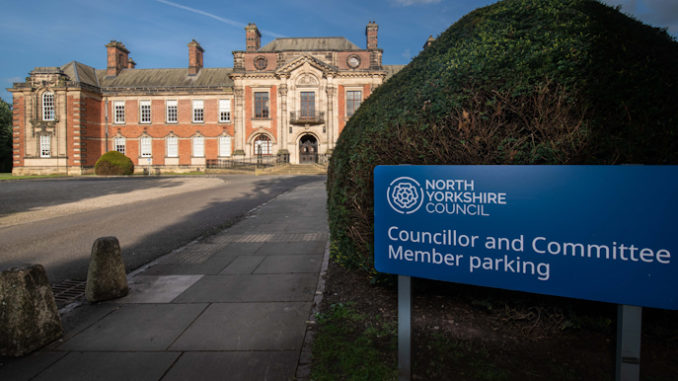
The system for funding local authorities is “not fit for purpose” with councils having little choice but to increase council tax by the maximum allowed while also making cuts just to deliver basic services, a parliamentary inquiry has been told.
The County Councils Network (CCN), which represents 37 county and unitary authorities including North Yorkshire and East Riding of Yorkshire councils, said outdated funding formulae meant its members got the least from central government, receiving £410 core funding per head this financial year, compared to an England average of £571.
The CNN made the comments in a submission to the Housing, Communities and Local Government Committee which is looking at whether the local government finance system in England is working.
It said in its response: “CCN does not believe that the local government finance system is fit for purpose, and funding has not matched the relative needs of local authorities for a number of years.
“Between 2010 and 2020, councils are estimated to have lost 40 per cent of core government funding on average, at a time when demand for core services has risen inexorably.”
It noted that while austerity has now ended, councils were still battling with the legacy of the covid pandemic and high inflation.
It added that the formulas used to determine council funding levels had not been updated for over a decade, with business rates retention and the new homes bonus — a grant given to councils for new housing — creating an unbalanced funding system.
The CNN added: “As a result of outdated funding formulae, counties have been historically the lowest funded councils.
“This historic underfunding and an over-reliance on council tax rises to fund services, also means the average Band D council tax rate in counties is 15 per cent higher than the national average.”
The inquiry is looking at whether councils would benefit from multi-year funding settlements, rather than the current system of annual grants.
But the CNN said of more importance to its members was the outcome of the fair funding review, an overhaul of the funding system for councils promised by the government.
It added: “Should multi-year settlements be coupled with a reduction in funding – either for the sector as a whole or for parts of the sector as a result of using different distribution mechanisms – then they will only allow councils to better plan cuts to existing services.”
The CNN said a shortage of funding and an increase in costs, particularly in children’s services and adult social care, meant there was little room for councils to make long-term decisions.
It added: “All too often, the continuous spending gap for local authorities means that councillors and officers are faced with little choice but to increase council tax by the maximum amount whilst making reductions to services in order that they can continue meet a narrow range of statutory responsibilities.”
The response comes amid concerns from councils serving sparsely populated areas about the loss of the rural services delivery grant, which cost North Yorkshire Council £14.3m, and the funding settlement in the autumn budget which they claim favoured urban authorities.
The decision to focus an additional £1.3bn in funding on areas with perceived higher levels of deprivation rather than who was facing the biggest pressure on services was described as “exceptionally concerning” by CNN, which said deprivation was a “poor predictor” for the increase in costs of providing statutory services.


Be the first to comment